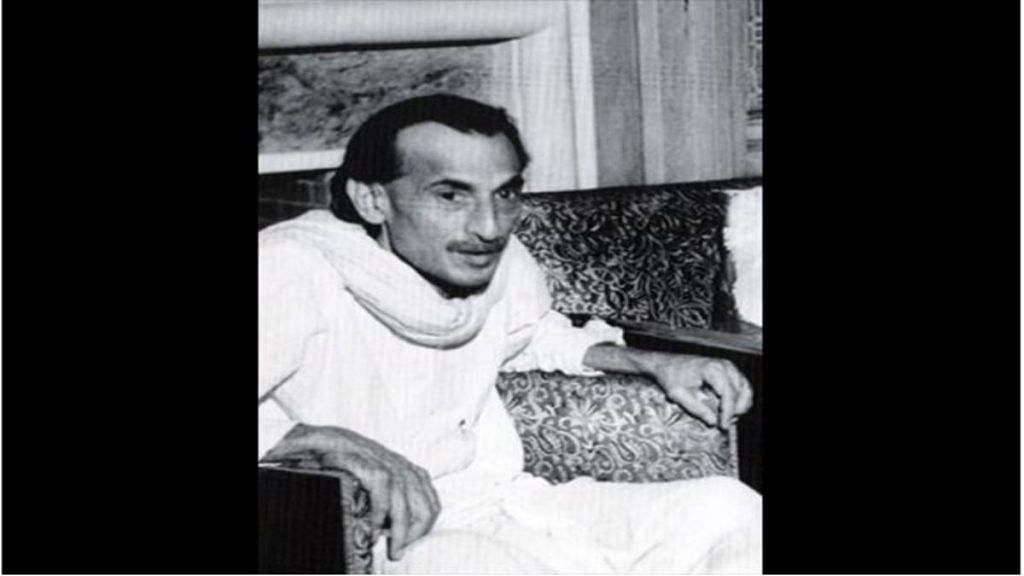Acharya Kripalani was a noted Gandhian, socialist and educationist who later blamed the entire Congress leadership except the Mahatma for Partition.
New Delhi: Who was the president of the Indian National Congress when India gained independence? Not Gandhi, not Nehru, not even Maulana Azad; it was actually Jivatram Bhagwandas Kripalani, popularly known as Acharya Kripalani.
On his birthday, 11 November, Prime Minister Narendra Modi tweeted his tribute to Kripalani and another Congress leader born on the same date, Maulana Abul Kalam Azad, noting their emphasis on public welfare, equality, education and justice.
Remembering Acharya JB Kripalani and Maulana Abul Kalam Azad on their birth anniversaries.
Two exemplary personalities, their notable role during the freedom struggle and emphasis on public welfare, equality, education and justice will never be forgotten.
— Narendra Modi (@narendramodi) November 11, 2018
Kripalani was well-known as a Gandhian and a socialist. Born in Hyderabad, Sindh, in 1888, he became the Congress president in 1946 and resigned from his position in 1947, soon after Independence, when equations within the party started changing. This was when the power of the Congress president was no longer the same as before. Soon, Kripalani turned into a strong critic of his own party.
Also read: Maulana Abul Kalam Azad: The man who made India realise the value of education
Going against Nehru and Indira
Kripalani was a harsh critic of both Jawaharlal Nehru and Indira Gandhi. He opposed Nehru’s policies, which he thought were against Gandhian values, and later opposed Indira’s policies too.
In 1972-73, he and other socialist leaders led movements across the country urging people to lead non-violent protests against Indira’s government.
In 1975, when Emergency was declared, Kripalani was among the first political leaders to be arrested. In his autobiography My Times published after his death in 1982, he criticised the entire Congress leadership, except Mahatma Gandhi, for Partition.
In fact, at a time when dissent against the establishment is being quelled at every level, it is pertinent to remember someone like Kripalani, who remained a dissenting figure from the 1920s (against the British) to the 1970s (against Indira), and gained much support from across the political spectrum for standing up for what he believed was right.
An educationist
Kripalani was also well-known for his work in the field of education, environment and other social movements.
He earned the moniker ‘Acharya’ around 1922 when he was teaching at the Gujarat Vidyapith, founded by the Mahatma a couple of years before.
Kripalani had his roots in Sindh and Gujarat, and completed his education from Pune’s Fergusson College, earning an M.A. in History and Economics.
From 1912 to 1927, he taught at various places before becoming wholly involved in India’s freedom movement. He met the Mahatma during the Champaran Satyagrah in 1917.
Also read: Aruna Asaf Ali, a fiercely independent freedom fighter who defied Mahatma Gandhi
Married to India’s first woman CM
Acharya Kripalani was married to an equally dynamic personality — Sucheta Kripalani, another noted Gandhian and India’s first woman chief minister, who led Uttar Pradesh from 1963 to 1967. They dedicated their lives to spreading the Mahatma’s message and serving the society.
Historians say the match was also somewhat shaped by Gandhi, as both leaders were his ardent disciples.
This article has been corrected to reflect that Fergusson College was and still is in Pune, not Bombay (now Mumbai). The error is regretted.
